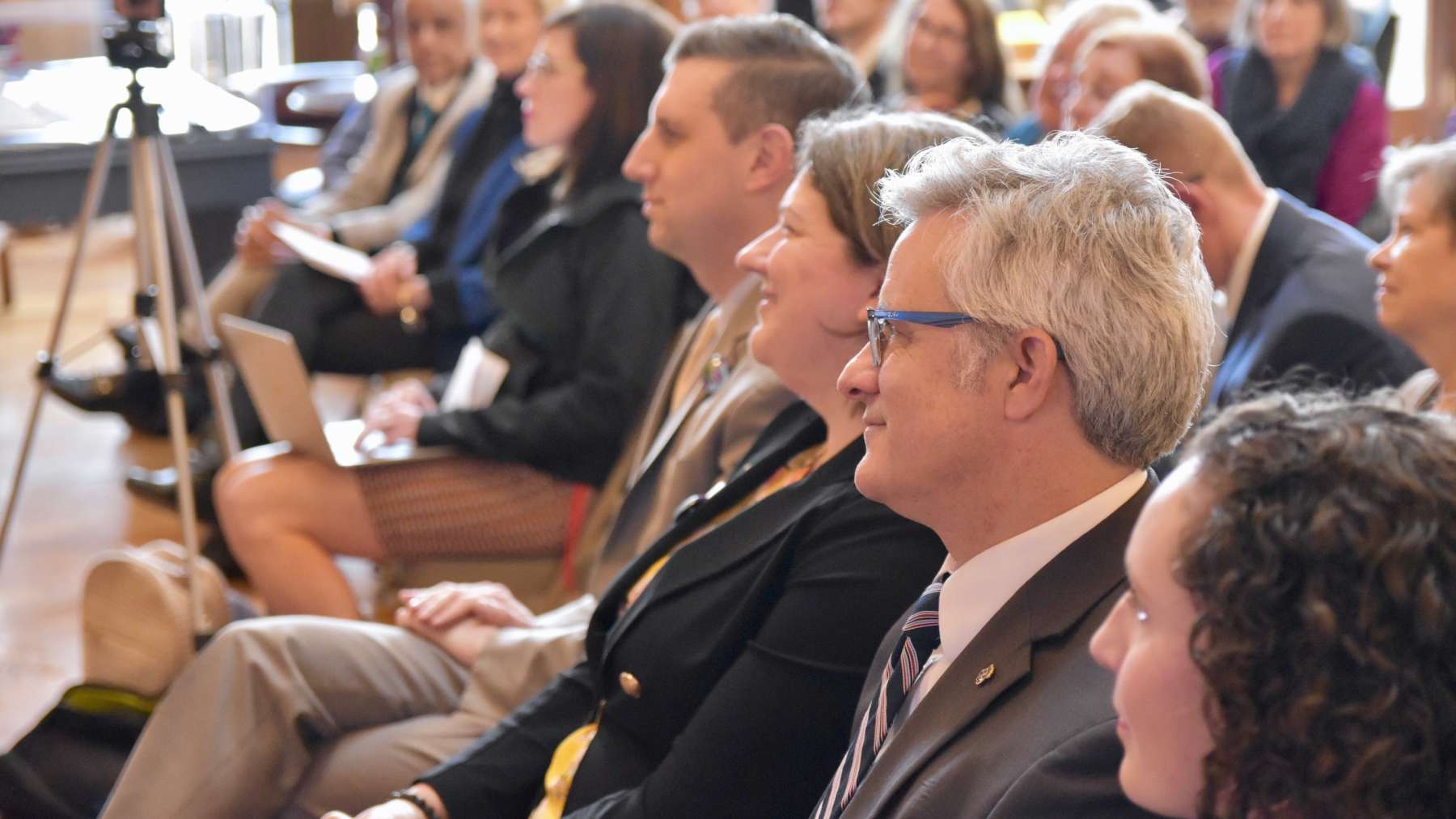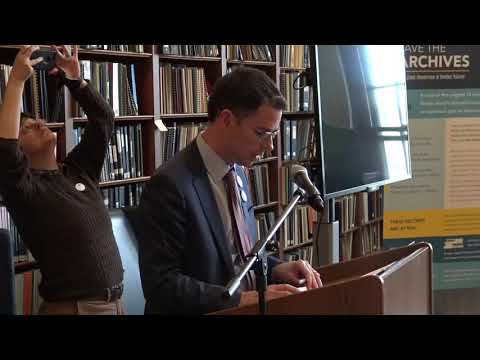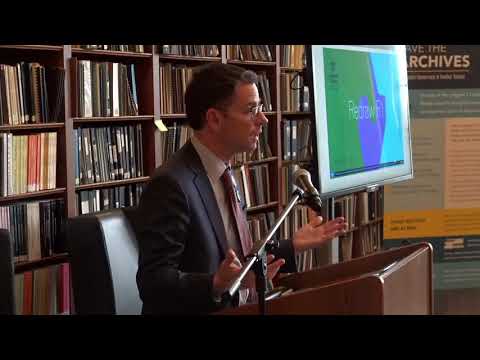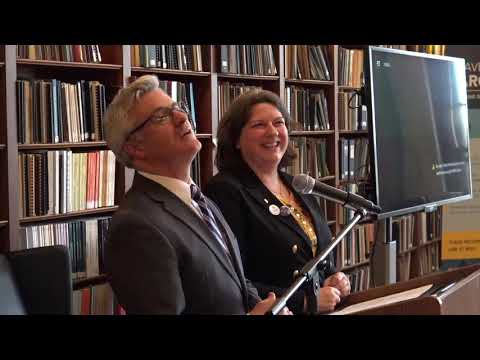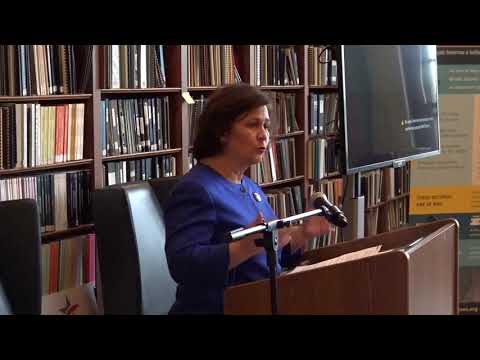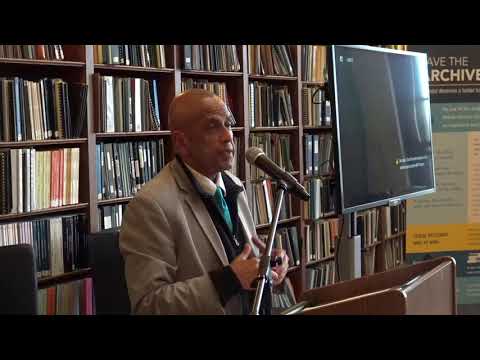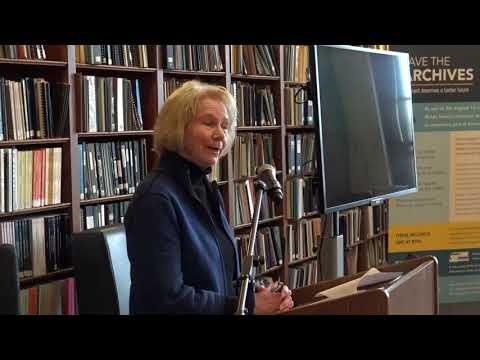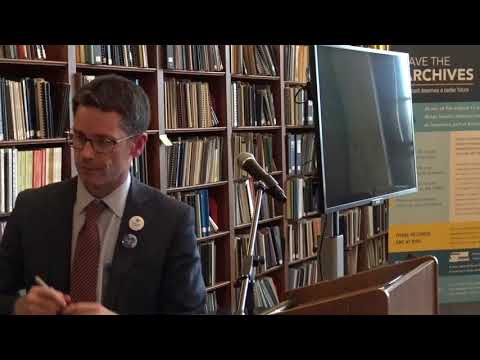“Redraw Rhode Island” kicks-off campaign for an Independent Redistricting Commission
“If we pass this, now, we can have an independent redistricting process after the 2020 Census,” said John Marion, Executive Director of Common Cause Rhode Island. “We can have citizens draw the new district lines, rather than legislators. We can have a system that is open and trusted, rather than another political process that could be challenged in court again.”
February 6, 2020, 2:16 pm
By Uprise RI Staff
“If we pass this, now, we can have an independent redistricting process after the 2020 Census,” said John Marion, Executive Director of Common Cause Rhode Island. “We can have citizens draw the new district lines, rather than legislators. We can have a system that is open and trusted, rather than another political process that could be challenged in court again.”
Common Cause Rhode Island kicked-off a proposed state constitutional amendment (S2077 and H7260) creating an independent redistricting commission to draw new legislative district lines after the 2020 Census in a gathering at the State Library on Wednesday.
Check out RedrawRI here!
Without the amendment, the state legislature will continue to oversee the redistricting process. Past redistricting efforts have become exercises in political power, creating districts that split communities of interest and are geographically dispersed. All-too-often, the legislature’s maps have ended up in court. Lawsuits after the 1980 Census cost Rhode Island taxpayers more than $1M in legal fees, as the legislature tried to defend a series of maps that were each ruled unconstitutional. When fair maps were finally used in 1983, the GOP tripled its number of seats in the state Senate, bringing the number of Republican Senators to 21 of 50. Maps drawn after the 2000 and 2010 Censuses were also challenged in court.
A “partisan efficiency gap” analysis found that Rhode Island’s 2012 House of Representative plan is the most Democratically partisan gerrymandered in the United States. Other measures of partisan gerrymandering include “partisan bias” and “mean-median.” By each of those measures in 2002, 1992, 1982, and 1972, Rhode Island maps were partisan gerrymanders.
“Rhode Island voters deserve to be able to pick their politicians, rather than politicians being able to pick their voters,” said John Marion, Executive Director of Common Cause Rhode Island. “If we pass this, now, we can have an independent redistricting process after the 2020 Census. We can have citizens draw the new district lines, rather than legislators. We can have a system that is open and trusted, rather than another political process that could be challenged in court again.”
In 2018, voters in five states (Colorado, Michigan, Missouri, Ohio, and Utah) passed redistricting reforms by overwhelming bipartisan margins. A total of seven states use independent redistricting commissions to draw district lines.

The event also featured signing of the “End Gerrymandering Pledge” by participants and audience members, and the unveiling of the new “Redraw RI” website explaining why the Ocean State needs an independent redistricting commission. Explore the site at https://redrawri.org/. John Marion previews the new site and introduces the new initiative here:
“Redistricting has long been an opportunity to help one group or another to solidify political power or prevent other groups from gaining it. It can be a chance for gerrymandering to help one or more incumbents,” said Senator Dawn Euer (Democrat, District 13, Newport, Jamestown). “Our bill is an effort to make redistricting a more fair and transparent process by separating it from sitting officeholders, preventing dominance of one party or group over another, and preventing disenfranchisement of political or minority groups.”
“We want to see this go before the voters. We believe citizens will support the idea of a more independent redistricting commission, and that having one will go a long way in restoring the public’s trust in this process and its results,” said Representative Jason Knight (Democrat, District 67, Barrington, Warren). “Ultimately, we believe it will help ensure fair representation in the General Assembly and prevent disenfranchisement, so it will help Rhode Islanders feel their government really does represent them.”
“Governments should represent the people, and the people are a diverse body,” said Rhode Island Secretary of State Nellie Gorbea. “It should be a representative government that takes into account population changes…”
“If there’s one thing I wish everyone in thsi building would learn and remember is that when John Marion says we should do something in Rhode Island government, we should just do it,” joked Rhode Island Treasurer Seth Magaziner.
“I believe the fairest, most objective, redistricting process should be done by a nonpartisan redistricting commission,” said. NAACP-Providence President Jim Vincent.
“As part of our People Powered Fair Maps initiative, the League of Women Voters is dedicated to the idea of an independent redistricting commission for Rhode Island,” said Jane Koster, President of the League of Women Voters of Rhode Island. “We have spent decades watchdogging the current process and believe now is the time for change.”
Marion leads the way in signing the “End Gerrymandering Pledge.”
[From a press release]
UpriseRI is entirely supported by donations and advertising. Every little bit helps:
Become a Patron!



